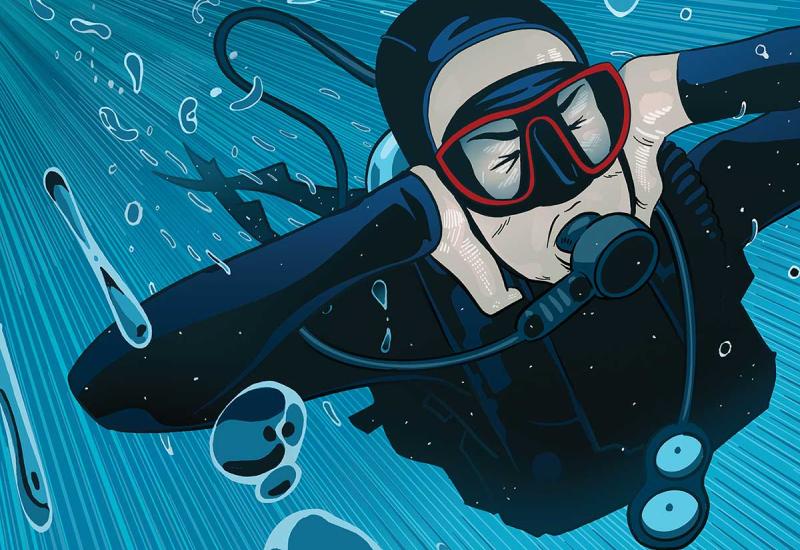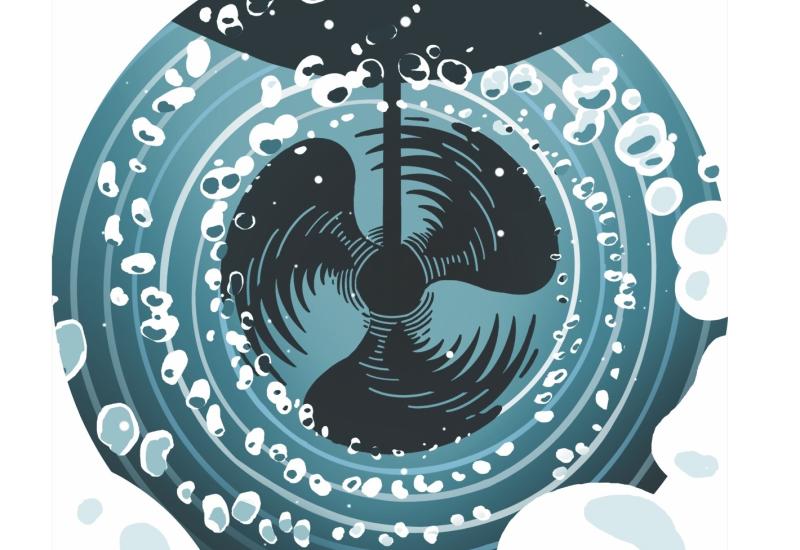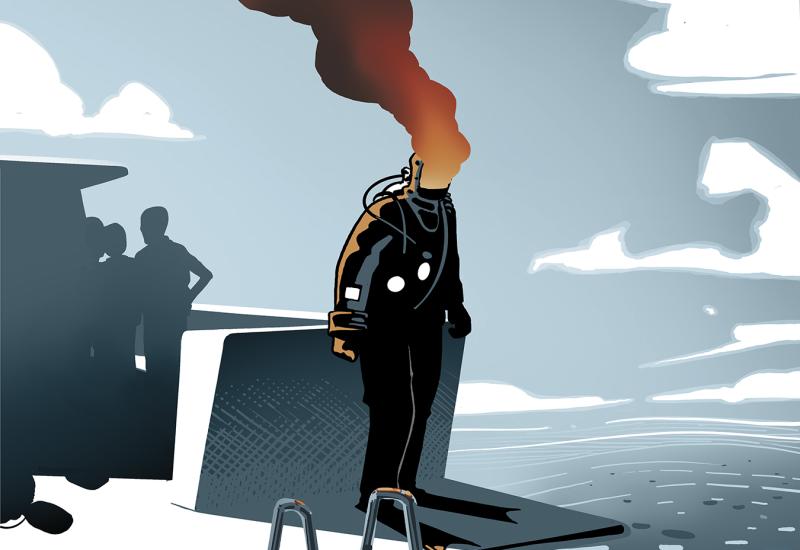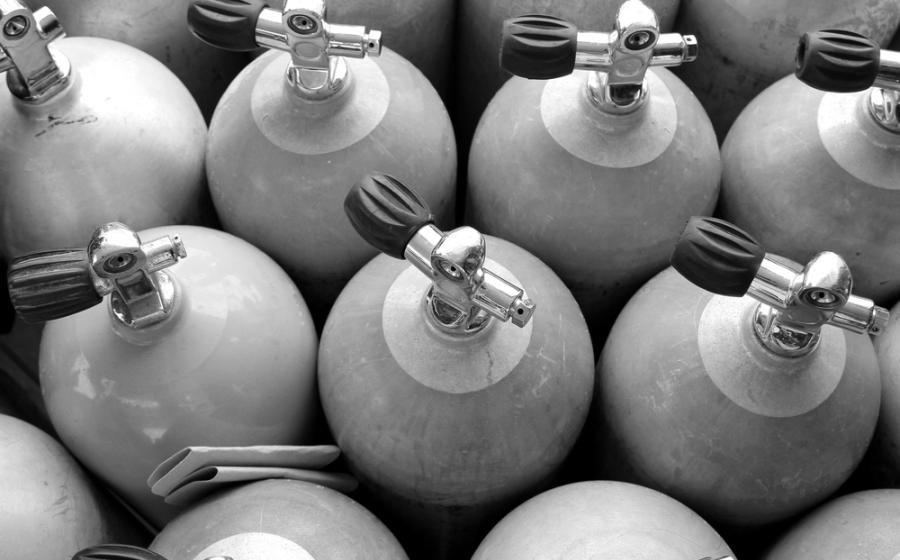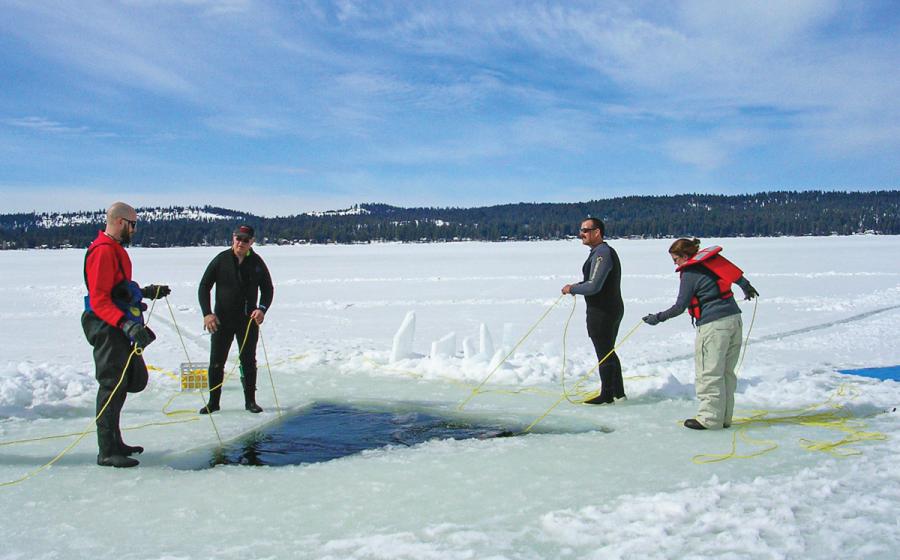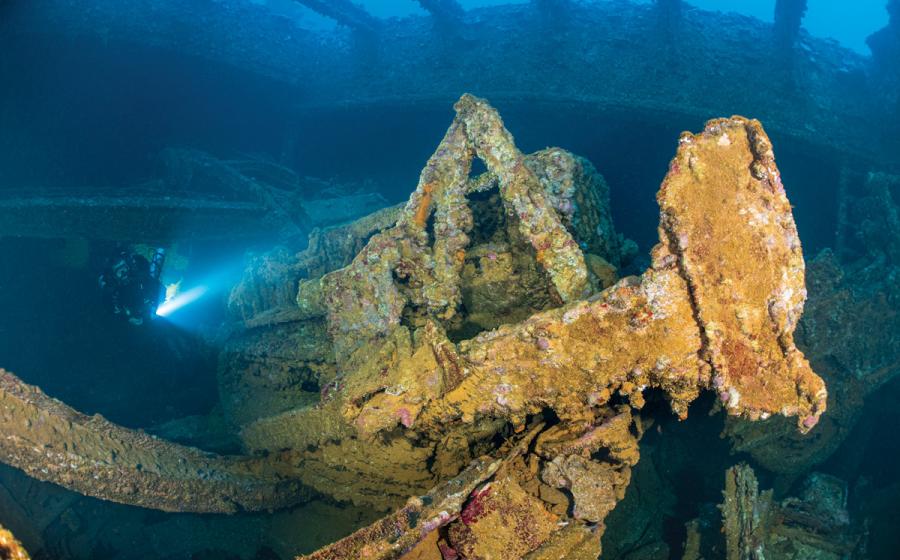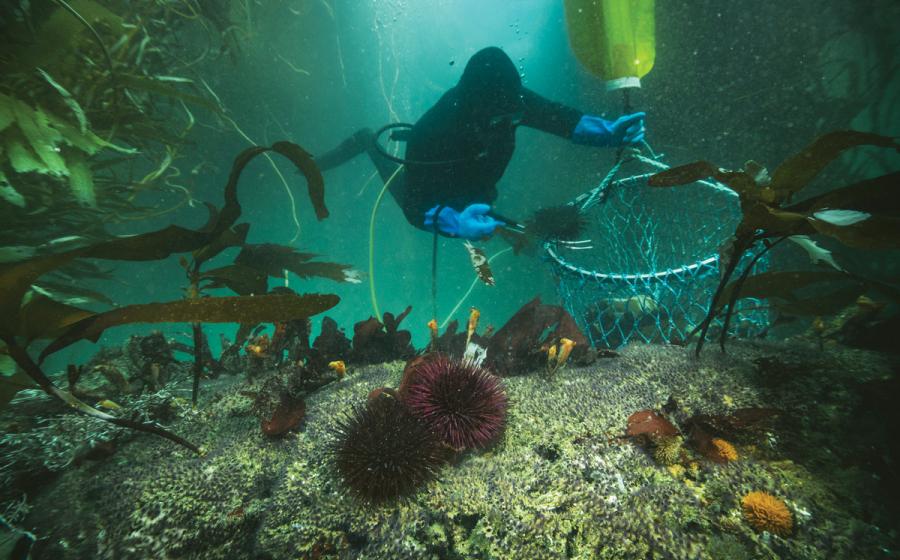Don't Be A Hero | Lessons for Life
The call went out: A person might be missing in a local lake. Butch was the first to arrive at the scene and quickly prepared to dive. He knew time was of the essence. His dispatcher told him the rest of the dive team was on its way and that he should wait, but he decided to enter the water to search for the missing person.
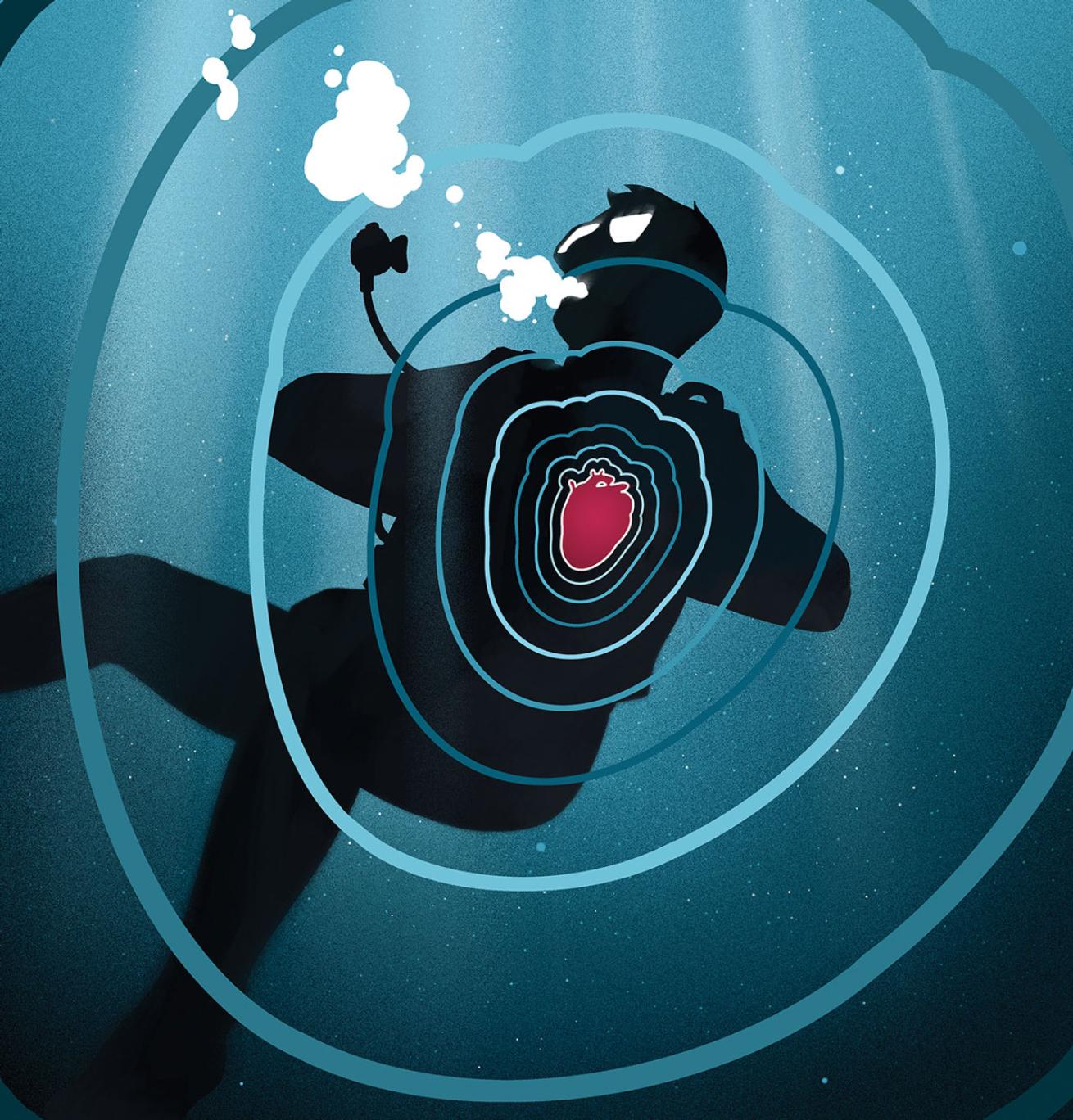
Steven P. HughesWhat happens when someone goes missing in a lake but the first diver on scene is not prepared to be the sole rescuer? Find out in this edition of Lessons for Life.
THE DIVER Butch was a 52-year-old diver with his local volunteer fire department dive team.
He was in fair health but took medication for high blood pressure.
THE DIVE When the call came in about a missing person, Butch was at home having a cookout with friends. He had been drinking but decided to respond to the emergency. He lived near the lake and believed he could help. Butch grabbed his dive gear and headed out.
Butch was the first responder at the lake. He jumped on the emergency radio to find out how long it would be until the rest of the team arrived. The dispatcher told Butch the team was on its way but it was going to be 15 minutes. Judging that might be too long to save the person in the lake, Butch geared up, donning extra lead in his weight belt, and entered the water without his fins.
THE ACCIDENT When the rest of the dive team arrived at the lake and surveyed the scene, they saw Butch’s truck, but he wasn’t anywhere to be found. Minutes later, a member of the dive team saw Butch floating unconscious on the surface. The team immediately entered the water and pulled him to the shore. When they reached him, Butch’s regulator was out of his mouth. Medics on scene attempted to resuscitate Butch, but their efforts were unsuccessful.
ANALYSIS
One of the first things a professional rescuer learns is to put their own safety first. That includes wearing protection, such as gloves and masks, against potential body substances, but it also means waiting until a scene is secure, and making sure it’s safe to begin—in this case having the appropriate surface support.
Considering the lack of a reliable witness to show Butch where the person went missing and the time that had elapsed, this should have been treated as a recovery, not a rescue. The rest of the team was in that mode.
In Butch’s case, he did a number of things wrong. The autopsy indicated that he had a blood-alcohol level of 0.25 percent. That is more than three times the legal limit to drive a vehicle in most states. It is likely the alcohol in his system clouded his judgment when he decided to enter the water and begin the search alone. He shouldn’t have even driven to the lake, much less donned his dive gear and attempted a rescue.
Public safety diving, the underwater work of fire and police dive teams, comes with a number of risks. They often dive in situations with low visibility and underwater entanglements. They often face cold water and currents.
Well-trained teams work in groups, with surface support and backup divers ready to enter the water at a moment’s notice if the divers in the water have any trouble. Butch entered the water alone. This is not necessarily unusual, depending on conditions, but there should have been surface support, spotters and backup present. Typically, the diver wears a harness with a rope attached, so if the diver gets in trouble, the surface support can locate the diver quickly. Depending on the dive team and the situation, divers may wear full-face masks and communications gear so they can coordinate the search with the diving supervisor. It isn’t unheard of for a diver to enter the water without fins, but it doesn’t make much sense either.
The autopsy determined that Butch’s cause of death was a cardiac event due to hypertensive cardiovascular disease. In other words, he had a heart attack in the water.
The investigation into his death also determined there was an elevated level of carbon monoxide in his breathing gas and that his equipment was poorly maintained and unsafe. The elevated CO in his tank could have come from an improperly set up compressor that allowed automobile exhaust (or exhaust from a gas-powered compressor) to enter the compressor intake.
In this case, Butch could have had a heart attack walking down the street or at his family cookout. But diving alone in a strange environment with poorly maintained gear and bad breathing gas might have pushed his body over the edge.
In this case, Butch could have had a heart attack walking down the street or at his cookout. But diving alone in a strange environment with poorly maintained gear and bad breathing gas might have pushed his body over the edge.
Had he been wearing a full-face mask, he would not have lost his regulator, and there is a greater chance he might have survived the incident. Even after losing consciousness, he could have continued to breathe. There is also a chance that he might have gone into sudden cardiac arrest on the bottom and died. We will never know exactly what happened. Regardless, Butch never should have entered the water alone or with poorly maintained gear.
Ultimately, there are two big issues here. One is general health and fitness to dive. Especially as we age, it is vitally important to maintain an acceptable level of fitness. There is some debate among diving physiologists about what level is appropriate, but all divers should be healthy enough to respond to underwater emergencies, unexpected currents and long swims in full gear. High blood pressure is not an absolute contraindication to dive, but you need to make sure you are fit and stay in close touch with your doctor. Your doctor should understand the unique situations and stresses the diving environment puts on your body.
Public safety divers need to be able to function at an even higher level. They are diving in stressful situations with heavy gear in less than ideal environments.
The second point is training and proper execution of the dive and search. There are many well-trained and properly outfitted volunteer and professional public safety dive teams. They dive regularly, taking specialized search-and-rescue training. Butch was intoxicated. He was using poorly maintained gear, and he broke every public safety diving protocol to do it.
In this situation, the remaining dive team had to care for one of its own while also organizing and executing a search-and-rescue operation for the missing person. That person had drowned and was found later at the bottom of the lake.
Thanks to retired deputy fire chief Bob Sharp, a PADI Master Scuba Diver Trainer with 27 years of public safety diving experience, for his assistance with this Lessons for Life column.
LESSONS FOR LIFE
■ Be healthy to dive. This applies to every diver, every dive.
■ Consult a diving physician. This is especially important if you have been diagnosed with a medical condition that might make diving unsafe.
■ Training. Do not enter a dive environment that you aren’t prepared for.

